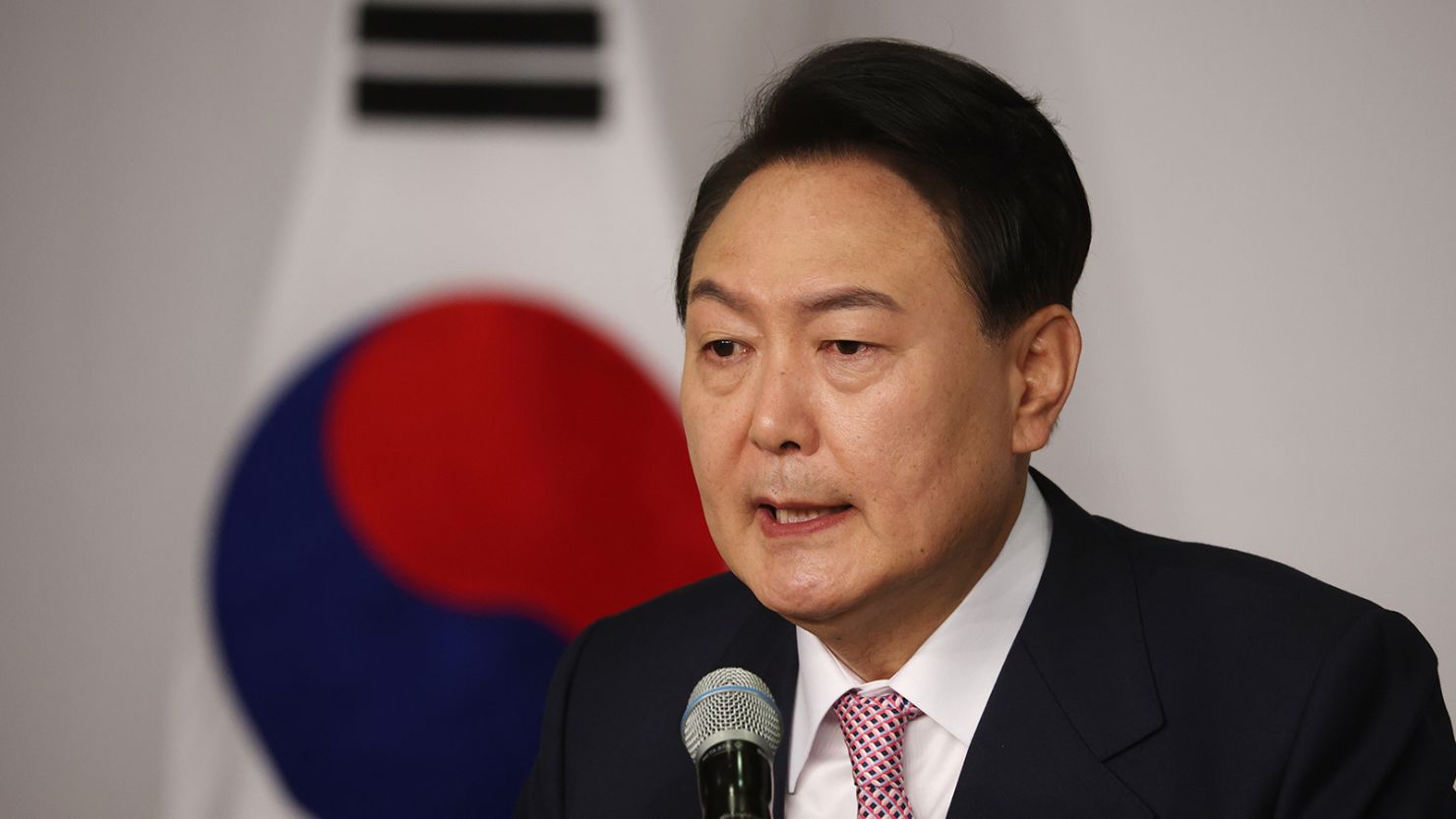South Korea is in the grip of a political crisis as President Yoon Suk Yeol’s impeachment trial gets underway, with tensions escalating over his refusal to appear in court and allegations of insurrection. The unfolding drama has not only divided the nation but also raised questions about the stability of its democratic institutions.
A Defiant President
Yoon Suk Yeol, who was suspended from his presidential duties following a parliamentary vote to impeach him last month, remains holed up in his heavily fortified residence in Seoul. The embattled leader declared martial law in December, a move that ignited public outrage and led to widespread protests. Though he later rescinded the decree, the damage was done, and the National Assembly’s impeachment vote soon followed.
The Constitutional Court now holds the power to determine Yoon’s fate, with Tuesday’s hearing ending abruptly after he failed to appear. A follow-up session is scheduled for Thursday and will proceed regardless of his presence.
The Case Against Yoon
Yoon faces multiple investigations, including accusations of insurrection—a charge carrying the possibility of life imprisonment or even the death penalty. Despite the severity of these allegations, Yoon has dismissed the impeachment as politically motivated and vowed to “fight until the end.” His fortified compound remains a focal point of the standoff, with supporters rallying outside to prevent his arrest while rival demonstrators call for his detention.
Earlier this month, an attempt to detain Yoon resulted in a tense standoff between security forces and corruption investigators. Barbed wire and vehicle barricades now surround his residence as authorities prepare for a second attempt to enforce the arrest warrant.
Constitutional Court in the Spotlight
The impeachment process has thrust South Korea’s Constitutional Court into the spotlight. The nine-member court, currently operating with eight justices due to unfilled vacancies, has up to 180 days to decide whether to uphold the impeachment. At least six justices must approve the motion for Yoon to be formally removed from office.
If the court confirms the impeachment, Yoon will become the shortest-serving president in South Korea’s democratic history, triggering a presidential election within 60 days. Meanwhile, Acting President Choi Sang-mok, who assumed power after the impeachment vote, has filled two of the court’s vacancies, with a third appointment pending.
Legal and Political Implications
While Yoon retains presidential immunity from most criminal charges, insurrection and treason are exceptions. A joint task force comprising police, military, and anti-corruption officials is investigating the allegations, including the roles of key figures in the martial law declaration. Yoon has ignored multiple summonses for questioning, and his lawyers have challenged the legality of the arrest warrant.
Adding to the controversy, the Presidential Security Service (PSS) has faced criticism for allegedly acting as Yoon’s personal guard rather than a neutral entity. The head of the PSS recently resigned amid an investigation into the team’s role in obstructing Yoon’s arrest.
Public Reactions and Protests
The impeachment has polarized South Korean society, with demonstrations on both sides intensifying. Conservative supporters of Yoon have vowed to shield him from detention, while opposition protesters demand accountability and justice. The public’s frustration with the political impasse is mirrored in calls for a swift resolution to restore confidence in the government.
What Lies Ahead
Should authorities manage to enforce the arrest warrant, investigators will have 48 hours to question Yoon before seeking an extension to formally detain him. Meanwhile, the Constitutional Court’s decision will set a precedent for South Korea’s democratic resilience.
As the country awaits the next developments, the stakes remain high. Yoon’s trial is not just a test of one leader’s accountability but also a measure of South Korea’s ability to navigate its most significant political crisis in decades.
![]()

ghte4c